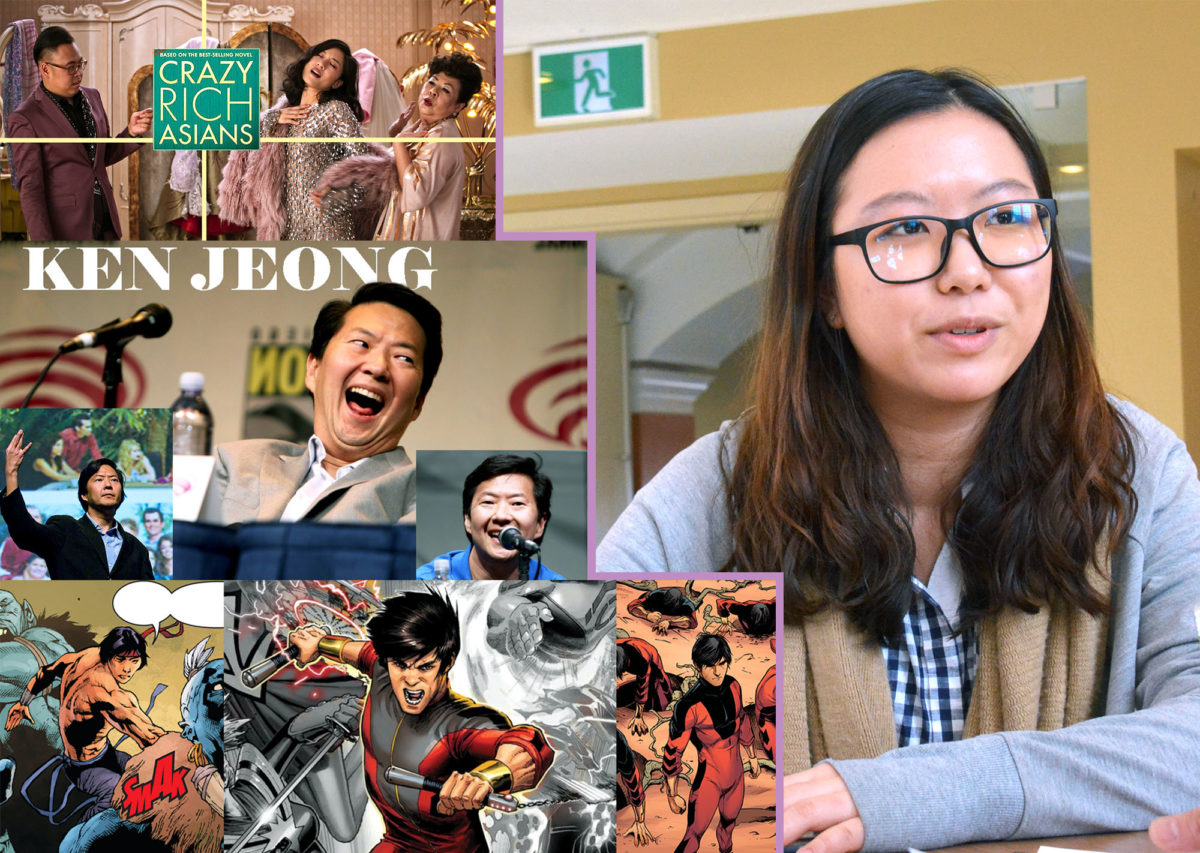

From Crazy Rich Asians, to Ken Jeong’s comedy special, You Complete Me, Ho, to Marvel’s upcoming Shang-Chi movie, Hollywood is on the verge of an Asian invasion.
But some believe it’s just a phase and will fade away once these films stop making money – Crazy Rich Asians made almost $250 million at the worldwide box office.
Crazy Rich Asians was a cultural phenomenon that motivated Hollywood to green light more Asian-centric movies and television. But André Loiselle, the dean of humanities at St. Thomas University, said the Asian boom won’t last forever.
“The phenomenon might be short-lived, might live slightly longer, but its impact will remain,” Loiselle said.
While Loiselle doesn’t know how long the phase will last, its influence on the industry is undeniable.
“The advances made by those films never totally disappear.”
Crazy Rich Asians is one of the biggest examples of Asian culture in Hollywood, but it’s not the first.
Between the late 1990s and early 21st century, a wave of Japanese and Korean horror films influenced how Western filmmakers looked at the genre. Filmmakers in the United States tried to mimic the style of films like Japan’s Ringu, which inspired the American 2002 version of The Ring.
Loiselle said mainstream movies are often based on genres like horror, which helped open the minds of Western audiences and eventually led to a phenomenon like Crazy Rich Asians.
One reason why Loiselle believes Hollywood has shifted their attention to Asian films is because Western audiences are more diverse than they were 25 years ago.
“As audiences change and their tastes change, they want to see something different from your typical film starring exclusively white characters who do white things,” Loiselle said.
But since the rise of Asian films in Western culture, some Asians like Sing Yi Chua, a second-year St. Thomas student from Malaysia, are worried they’re feeding into harmful stereotypes.
“Western students think, ‘Oh, you’re studying as an international student, you must have money,’” Chua said.
Primarily set in Singapore, Crazy Rich Asians shows the Young family living an ultra-rich life with billion dollar homes, extravagant dresses and elaborate parties. Chua said the film’s over-the-top lifestyle influences the Western view that all Asians are rich.
“Which isn’t true. We have scholarships and bursaries to help us.”
While Chua is glad Hollywood is taking the time to make more Asian films, she wishes Western countries would welcome more international ones. Whenever Hollywood releases a blockbuster like The Avengers, the movie is shown in Asian countries. But when a country like China makes a blockbuster like Detective Chinatown 2, which made almost $550 million in China, it’s rarely shown outside of Asia.
Chua said if films are big in Canada, they’re shown in Asia, but she’s not satisfied with that.
“I think it should be a two-way road instead of a one-way road.”
